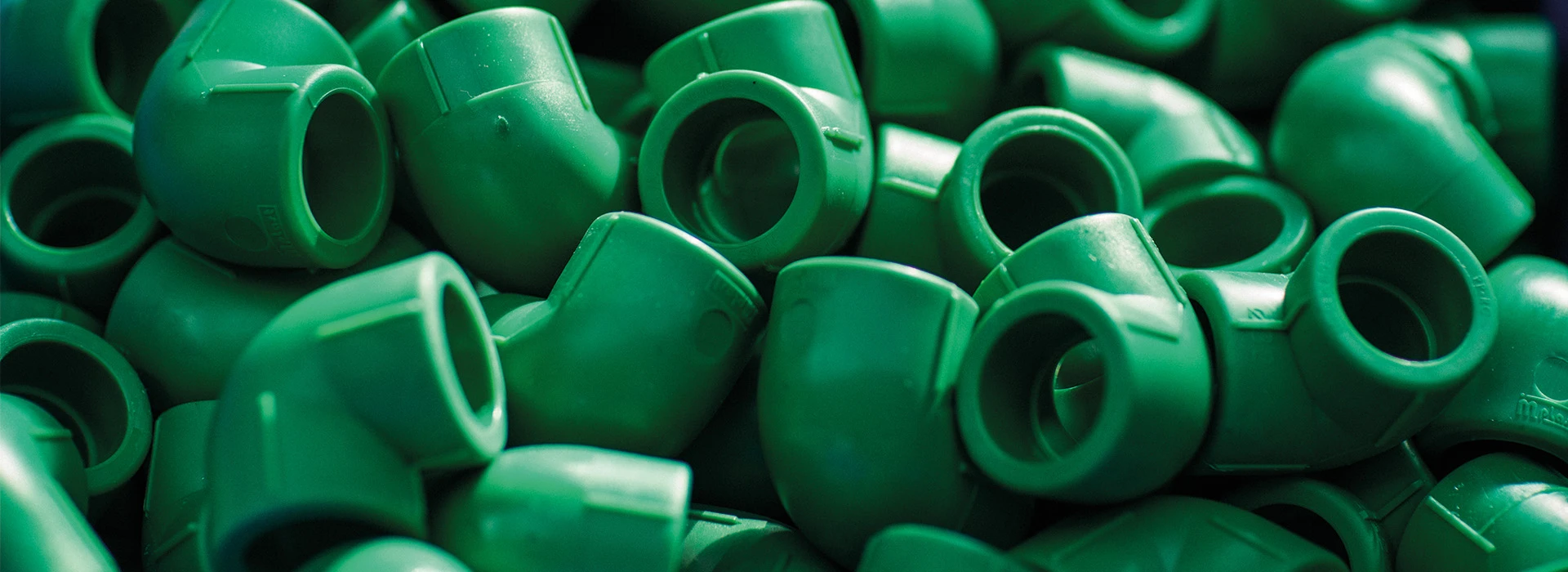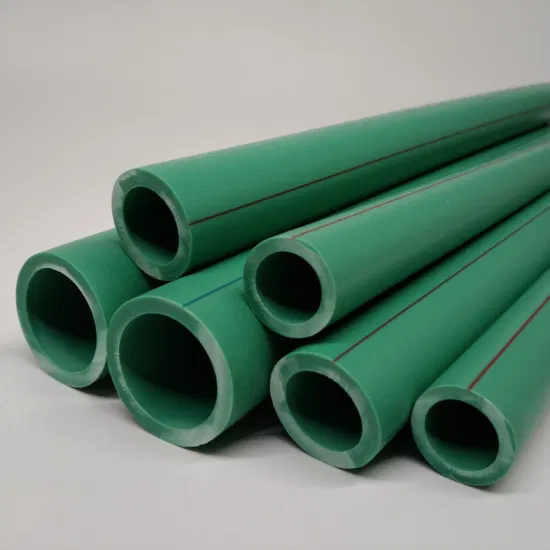What Are PPR Pipes?
PPR pipe are a type of plastic piping widely used for water supply and plumbing systems. Made from high-quality thermoplastic, PPR pipes are known for their ability to handle both hot and cold water, making them a popular choice in residential, commercial, and industrial settings. They come in different sizes and thicknesses, typically in green or white color, and are joined using heat fusion technology.
Features of PPR Pipes
- Durability: PPR pipes are highly resistant to wear and have a lifespan of over 50 years in ideal conditions.
- Heat Resistance: They can handle high temperatures, up to 95°C (203°F), making them suitable for hot water systems.
- Corrosion Resistance: Unlike metal pipes, PPR pipes do not corrode, ensuring long-term performance without degradation from rust or scale.
- Chemical Resistance: PPR pipes resist a wide range of chemicals, making them ideal for industrial use.
- Non-Toxic: They are safe for transporting drinking water as they do not leach harmful substances into the water supply.
- Low Thermal Conductivity: This feature helps maintain the temperature of the fluids inside, reducing heat loss in hot water applications.
- Impact Resistance: PPR pipes can withstand high impact and pressure without cracking or breaking.
- Easy Installation: PPR pipes are joined by heat fusion, creating a strong, leak-proof connection without the need for adhesives or solvents.

Applications of PPR Pipes
- Residential Plumbing:
- PPR pipes are commonly both hot and cold water systems in homes. Their non-toxic properties make them suitable for potable water supply and distribution.
- Heating Systems:
- Ideal for central heating systems and underfloor heating, PPR pipes can withstand high temperatures and pressures, making them suitable for carrying hot water in residential and commercial heating applications.
- Industrial Piping:
- In industrial environments, PPR pipes chemicals, compressed air. Other fluids due to their resistance to corrosion and chemicals. Industries such as food processing and pharmaceuticals benefit from their durability and hygienic properties.
- Irrigation Systems:
- PPR pipes agricultural irrigation systems because they are durable, easy to install. And resistant to external environmental factors like chemicals and UV radiation.
- Healthcare and Laboratories:
- In healthcare settings, PPR pipes are used for transporting demineralized water, pharmaceuticals. And other sterile fluids because they are non-reactive and hygienic.
- Compressed Air Systems:
- PPR pipes systems that require the distribution of compressed air in industries due to their. Ability to handle high pressures and resist corrosion.
Conclusion
PPR pipe are a versatile and reliable option for a wide range of applications, from residential plumbing to industrial and heating systems. Their durability, chemical resistance, and heat tolerance make them a popular choice for many sectors, ensuring long-lasting performance with minimal maintenance.


















